In the era of digital transformation, the convergence of Enterprise Resource Planning (ERP) systems and Supply Chain 4.0 is revolutionizing how businesses operate. Industry 4.0, characterized by the integration of advanced technologies such as the Internet of Things (IoT), Artificial Intelligence (AI), and blockchain, is driving significant changes in supply chain management (SCM). This blog explores the impact of Industry 4.0 on ERP and supply chain integration, the role of emerging technologies, and the future developments poised to reshape the landscape.
Future Trends: The Convergence of ERP Systems and Supply Chain 4.0

The Impact of Industry 4.0 on ERP and Supply Chain Integration
Industry 4.0, often referred to as the Fourth Industrial Revolution, brings together physical and digital systems to create smart, interconnected environments. This transformation is having a profound impact on ERP systems and supply chain integration:
1. Enhanced Connectivity: Industry 4.0 enables seamless connectivity between various components of the supply chain. ERP systems, when integrated with IoT devices, facilitate real-time data exchange and communication across the supply chain network. This connectivity improves visibility and coordination, leading to more efficient and responsive supply chains.
2. Data-Driven Decision Making: The vast amount of data generated by IoT sensors and other Industry 4.0 technologies is integrated into ERP systems. This data provides valuable insights that help businesses make informed decisions. According to a report by McKinsey, data-driven supply chain management can increase operational efficiency by up to 25%.
3. Automation and Efficiency: Automation is a cornerstone of Industry 4.0. By integrating AI and machine learning algorithms into ERP systems, businesses can automate routine tasks, optimize production schedules, and predict maintenance needs. This leads to significant improvements in efficiency and cost savings.
4. Supply Chain Resilience: The ability to monitor and analyze supply chain activities in real-time enhances resilience. ERP systems equipped with Industry 4.0 technologies can predict disruptions, assess risks, and implement contingency plans swiftly. A study by Deloitte found that companies leveraging digital supply chain technologies experienced a 30% increase in supply chain resilience.
IoT, AI, and Blockchain Technologies in ERP Systems
The integration of IoT, AI, and blockchain technologies is at the forefront of the ERP and Supply Chain 4.0 convergence. Here’s how these technologies are shaping the future:
1. Internet of Things (IoT): IoT devices collect and transmit data across the supply chain, providing real-time visibility into inventory levels, equipment status, and transportation conditions. ERP systems utilize this data to optimize inventory management, reduce waste, and improve logistics. According to Gartner, by 2025, over 75 billion IoT devices will be in use, highlighting the growing influence of IoT on supply chains.
2. Artificial Intelligence (AI): AI enhances ERP systems by enabling predictive analytics, demand forecasting, and intelligent automation. AI algorithms analyze historical and real-time data to predict future trends, optimize inventory levels, and enhance customer service. Accenture reports that AI in supply chain management can reduce forecasting errors by up to 50% and decrease lost sales due to stockouts by 65%.
3. Blockchain Technology: Blockchain provides a secure and transparent ledger for recording transactions across the supply chain. Integrating blockchain with ERP systems ensures data integrity, enhances traceability, and reduces fraud. A study by IBM found that 87% of surveyed organizations believe that blockchain will improve supply chain transparency and traceability.
Future Developments and Innovations in ERP for SCM
The future of ERP systems in supply chain management looks promising, with several developments and innovations on the horizon:
1. Advanced Analytics and Big Data: The integration of advanced analytics and big data into ERP systems will provide deeper insights into supply chain operations. Businesses will be able to leverage these insights for strategic planning, risk management, and performance optimization. IDC predicts that by 2026, global spending on big data and analytics solutions will reach $274.3 billion.
2. Edge Computing: Edge computing brings data processing closer to the source, reducing latency and improving real-time decision-making. ERP systems integrated with edge computing will be able to process data faster, enabling quicker responses to supply chain disruptions. According to MarketsandMarkets, the edge computing market is expected to grow from $36.5 billion in 2021 to $87.3 billion by 2026.
3. Digital Twins: Digital twin technology creates virtual replicas of physical assets and processes. By integrating digital twins with ERP systems, businesses can simulate and optimize supply chain operations in a virtual environment. Gartner forecasts that by 2025, 50% of large industrial companies will use digital twins, resulting in a 10% improvement in effectiveness.
4. Sustainability Initiatives: Future ERP systems will increasingly focus on sustainability, helping businesses track and reduce their environmental impact. This includes optimizing resource usage, reducing carbon footprints, and ensuring compliance with environmental regulations. A survey by Capgemini found that 77% of organizations believe that digital supply chains will play a crucial role in their sustainability efforts.
The convergence of ERP systems and Supply Chain 4.0 is revolutionizing the way businesses manage their supply chains. The integration of IoT, AI, and blockchain technologies is enhancing connectivity, automation, and data-driven decision-making, leading to more efficient and resilient supply chains. As future developments such as advanced analytics, edge computing, digital twins, and sustainability initiatives continue to emerge, the role of ERP systems in supply chain management will only become more critical. By embracing these innovations, businesses can stay ahead of the curve and achieve unprecedented levels of efficiency and performance.

If you have a need to implement Supply chain management solution, choose right ERP and simplify your ERP journey then we are a call away. Reach out to us.
